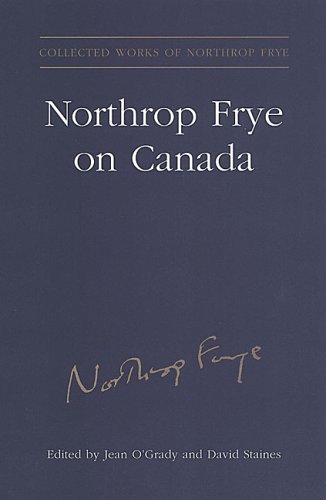httpv://www.youtube.com/watch?v=cWaxTotsqrE
Further to our earlier posts (here and here) about Stephen Harper rebranding the government of Canada as the “Harper government.”
Above is Stephen Harper addressing an invited audience of people he’d likely acknowledge as “real Canadians.” Note that his first declared priority is to win a majority government. Our parliamentary system functions by way of the confidence of the House of Commons, maintained by the majority of House members. Harper makes it clear that he wants a majority government not because he’d be representing the majority of Canadians (he wouldn’t even come close), but because the majority of Canadians represented by four opposition parties would be legislatively neutralized. Like George Bush, Harper behaves as though one vote more than he needs is all that is required to push through an agenda that is not representative of the will of the people. Like Bush too, that agenda accommodates corporate interests which always have his full attention.
It’s no surprise that Harper’s version of Canada has no reference to Frye’s, which is unfortunate because Frye was an avid student of Canadian culture, history and politics in a way Harper obviously is not. In fact, whatever Harper seems to do or say turns out to be, by Frye’s standards, the opposite of what we as a nation have accomplished, as well as what we demonstrably aspire to be.
From “Canadian Culture Today”:
It has always seemed to me that that this very relaxed absorption of minorities, where there is no concerted effort at a “melting pot,” has something to do with what the Queen symbolizes, the separation of the head of state from the head of government. Because Canada was founded by two peoples, nobody could ever know what a hundred per cent Canadian was, and hence the decentralizing rhythm that is so essential to culture had room to expand. (CW 12, 528)
Harper, on the other hand, knows with a hundred percent certainty what a “real Canadian” is and believes in, and says as much. A fully unleashed Harper majority government might therefore require not-so-real Canadians to conform to standards that aren’t a good fit for them and have no reason to be. The kind of conservative who wants government out of the way of business often tends to be the kind of conservative who also wants government intruding upon people’s private lives; government not fit to regulate commerce still ought to be free to legislate the morality of those who deviate from some lugubriously maintained norm. Harper appears to fit that mould. His outlook, in any case, is inconsistent with “the decentralizing rhythm” that Frye says is “essential” to our distinctive culture.
We don’t have to look far for evidence of this. Harper is the man who spent almost a billion dollars on security at the G20 summit in Toronto last summer. That security failed pretty spectacularly, but it nevertheless succeeded in executing the largest mass arrest in Canadian history, the vast majority of those detained being peaceful demonstrators. The amount Harper spent on failed security exceeded the combined costs of the two previous G20 summits in Pittsburgh and London by, again, almost a billion dollars. The security for those earlier summits cost only a few million each. So where did Harper’s billion dollars go? Who received payment and for what services? Why aren’t those who abused the constitutional rights of the people they improperly detained answerable for their actions? We still don’t really know and no answers seem forthcoming any time soon.
Consider how much health care, education and other benefits those billion wasted dollars might have provided, and at a time when we are relentlessly assured we cannot afford them at current rates. In order to make such an assertion a self-fulfilling prophecy, Harper intends to decrease corporate taxes funding government programs to 12%, down from 20% in 2000. The strategy on the right everywhere these days seems to be some form of this corporate tax runaround, in which corporations get a never-ending string of tax concessions, resulting in a “revenue shortfall” which leads to cuts in social spending “we can no longer afford.” All of this happens, of course, as the already very rich get considerably richer.
It is therefore also worth recalling that Harper used his office to promote a Fox-style news channel that was intended to have mandated carriage by cable service providers across the country, bringing it into the homes of millions of Canadians whether they wanted it or not. And he did so after meeting with Roger Ailes and Rupert Murdoch of Fox News. Or, more accurately, he did so after secretly meeting with Roger Ailes and Rupert Murdoch of Fox News. Harper is allowed to be a narrow ideologue if that’s what he wants to be. But as our prime minister, all of his transactions as a public servant must be transparent. Secret meetings with people like Ailes and Murdoch are not acceptable.
Given that Harper thinks of government as his to rebrand rather than as an inalienable instrument of the people, he may not even be able to conceive of his role as one of “service.” He can therefore try to rebrand the government of Canada all he likes. But it nevertheless remains our government, whatever else he calls it. As our servant, he serves only at our pleasure, and we of course are always free to dismiss him. Thanks to the kind of behavior he has displayed over the last four years, we may be doing that sooner than he expects.

